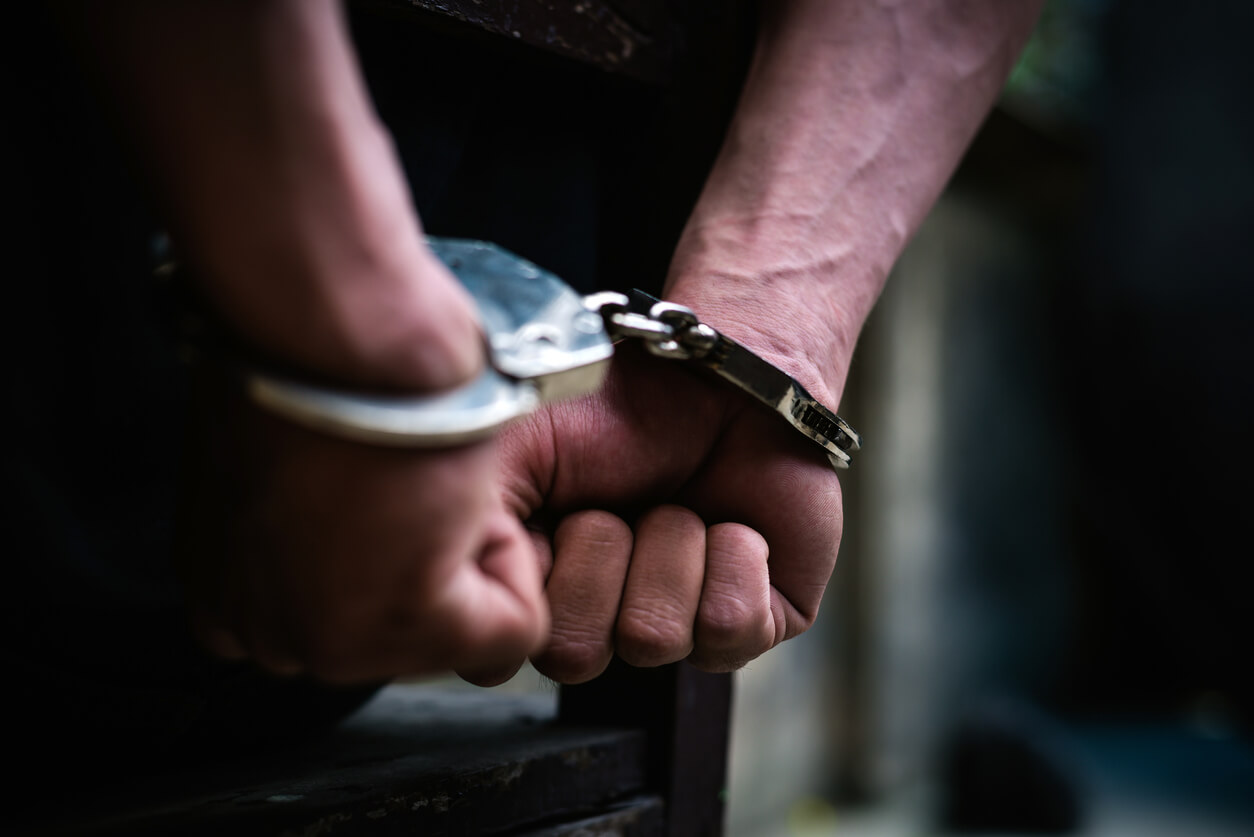One of the first steps to knowing your rights as a criminal defendant is understanding the criminal justice process. Coming up against a system that has become notoriously foreboding can be scary, to say the least. Unveiling some of the unknowns and getting informed on the basics of criminal prosecution procedure can help alleviate some of the anxiety and help as a step towards protecting yourself.
What Happens After You Are Arrested?
In most cases, a police officer files a complaint. Sometimes, the complaint is filed by a private citizen. The officer filing the complaint will submit an affidavit outlining the reasons he or she believes the defendant committed a crime. If probable cause is found to support the assertion that the defendant has committed a crime, an arrest warrant is issued. In some cases, an arrest will be made without a warrant or summons. This most often occurs when the officer witnessed an alleged crime occurring, such as someone driving while intoxicated.
After an arrest, the defendant will be formally charged with a crime. At the initial appearance in court, the defendant will be informed about the charges, read the complaint that was filed, set bail, and an attorney will be appointed should the defendant be unable to afford private counsel. The defendant will appear at a preliminary hearing where the prosecution bears the burden of demonstrating to the judge that it is more likely than not that the defendant is guilty of perpetrating the crime charged. Charges will be dropped should the prosecutor fail to meet this burden. If the defendant is being charged with a felony and the judge finds probable cause exists, the case will be turned over to the Grand Jury.
The Grand Jury is not tasked with determining whether a defendant is guilty or innocent. Instead, the job of the Grand Jury is to decide whether or not the prosecution has enough proof to bring criminal charges against the defendant. The defendant and defense counsel are not able to attend the Grand Jury process. If the Grand Jury finds that the prosecutor has presented sufficient evidence to support probable cause, then an indictment will be issued.
Arraignment happens next. During arraignment, the defendant is read formal charges. The defendant will also enter a formal plea. Bail may also be set during arraignment. After arraignment is when the formal trial preparation will begin. Both Prosecution and Defense counsel will go through discovery, the formal legal process of gathering evidence to establish the facts of the case. Both sides are likely to produce motions to the court to rule on the validity of certain pieces of evidence. In many cases, a plea deal will be reached. If not, the case will proceed to trial.
Criminal Defense Attorneys
If you are facing arrest and criminal charges, fight the feeling of helplessness. Know your rights. Get dedicated legal counsel by your side right away. Dickman Law Office zealously advocates on behalf of our clients. We are here to serve you as we fight criminal charges. Contact us today.
Posted in: Criminal Defense

